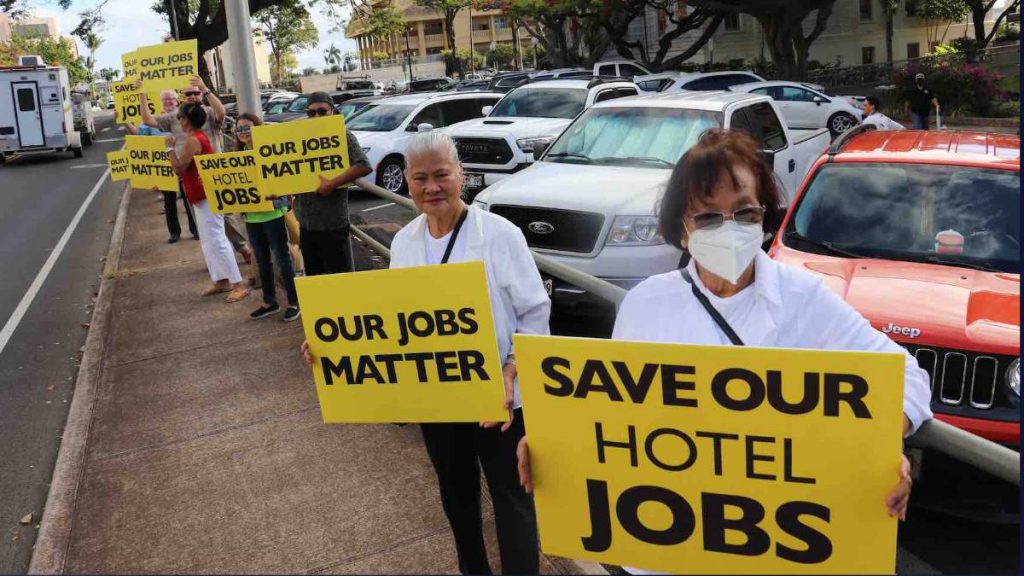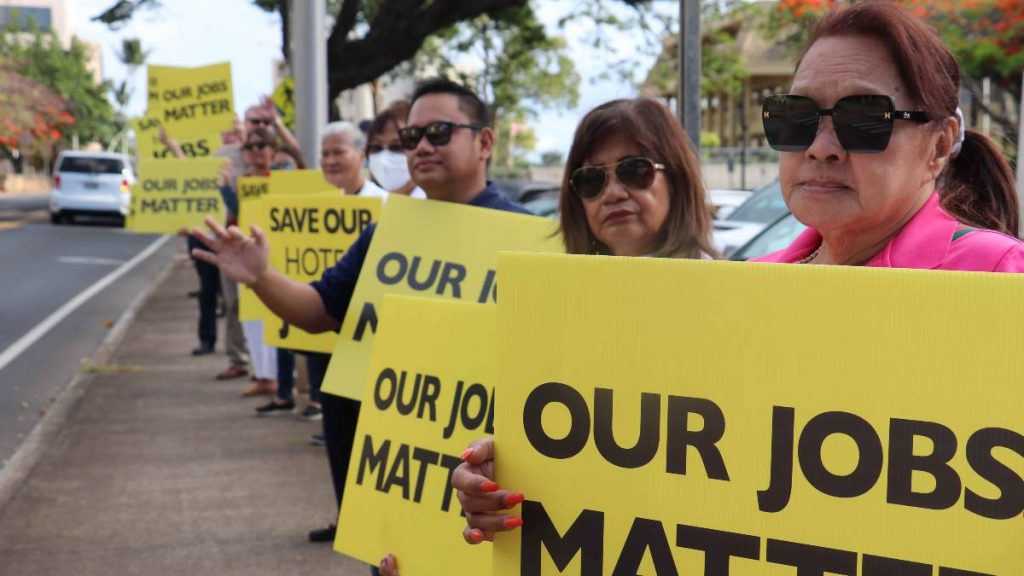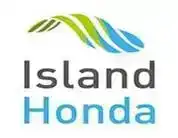Can capping Maui visitor rooms help curb over-tourism? Groups continue to spar over proposal


Maui tourism industry representatives and other community members again sparred about whether putting caps on the number of visitor rooms will help mitigate over-tourism.
Nearly 30 testifiers sounded off Tuesday at Maui Planning Commission, which is considering whether to recommend a measure that would make the two-year hotel construction moratorium more permanent.
Opponents say capping visitor accommodations won’t lessen visitor arrivals; the move would negatively impact construction jobs; and the rule would cause unintended consequences, such as spurring illegal vacation rentals in residential areas.
Supporters say the visitor industry has experienced unbridled growth for too long, leading to negative impacts on natural resources, infrastructure and residents’ quality of life. They argue that more hotel rooms aren’t needed, and people won’t come if they can’t secure reservations in advance.
Like the moratorium that went into effect in January, the measure would allow existing transient accommodation units — but prevent future ones from being built or converted. It would also ban temporary parking of camper vans and recreational vehicles used for transient accommodations unless allowed by zoning and permit, among other changes.
Currently there are more than 24,000 visitor lodging units, according to 2021 data from the county’s Real Property Assessment Division.
Even if the commission doesn’t recommend the cap, Maui County Council will have the ultimate say. So far, advisory committees in Paia-Haiku and in Hana recommended approval with the department’s revisions.
However, industry representatives showed Tuesday that they won’t go down without a fight. People with jobs tied to tourism and construction demonstrated in Wailuku before the Planning meeting.
“This bill ultimately does not stop tourists from coming, and if the intent is to manage tourism, capping transient units is not the way to do it,” Maui resident Lahela Aiwohi, vice president of the Hawai‘i Hotel Alliance, said during the rally. “Tourists will continue to come, and we’ll see more tourists looking for illegal short term rentals and pushing them into our community.”
Also, about 20 people, including hotel lobbyists, workers and union officials, along with people from construction and smaller transient accommodation sectors, dominated testimony during Maui Planning Commission.
Lisa Paulson, executive director of the Maui Hotel and Lodging Association, said the moratorium will not have the overall desired effect for limiting arrivals to the islands.
“That is a federal issue,” she said. “In fact by introducing a cap, another accommodation platform would surface to accommodate the loss.”
Paulson added that hotels are currently operating at 76% occupancy or below. Visitor arrival data suggests tourists are finding other places, perhaps non-permitted, illegal accommodations, in which to stay.
Bruce Uʻu, lifelong Maui resident and field representative for Hawaii Carpenters Union, acknowledged the frustration over tourism, saying he feels it every day living in Paia.
“But if we cannot stop the plane or the boat, we ain’t stopping anything,” he said. “If we’re talking about controlling or managing, or doing something with tourism, if the same thing come with the same amount of people, the same boat come, nothing changes — we shuffling things around.”
About six residents backed the measure, a far cry from scores of supporters during council hearings on the hotel construction moratorium.
Kula resident Dick Mayer said Kahului Airport, experiencing historically long lines, is a good example of Maui over-tourism.
Moreover, Maui Island Plan and Countywide Policy Plan discuss limiting the number of visitor accommodations and maintaining a sustainable balance between residents and visitor populations, he said.
Maui Island Plan, which is part of the Maui County Code, calls for the number of visitors to be no more than one-third of the resident population, or 33%. For June, visitors exceeded that by about 16%, recent Hawaii Tourism Authority data shows.
“We can’t stop people from buying a second home but what we can do is regulate the number of visitor units on the island,” he said. “Because very, very few people come to Maui without an accommodation. . . . By limiting the number of places to stay we will be able to control over-tourism.”
Albert Perez, Executive Director at Maui Tomorrow Foundation, also said visitor arrivals exceed the Maui Island Plan target.
“The first step to addressing the problem is to stop making it worse,” he said.
Rod Antone, former executive director of the Maui Hotel and Lodging Association, said he isn’t testifying to support or oppose the measure. However, he advocated for leaders to take more time in studying whether the existing moratorium is working before extending it indefinitely.
“(The proposal is) ready, fire, aim — instead of ready, aim, fire,” he said.
Introduced by Council Vice Chairwoman Keani Rawlins-Fernandez, the measure would cap the number of transient accommodation units to existing levels for properties in the apartment and hotel districts, among other changes to Title 19, including prohibiting temporary parking of camper vans and recreational vehicles used for transient accommodations unless allowed by zoning and permit.
Transient accommodations include hotels, residential condos used for transient lodging, single-family bed-and-breakfasts, permitted/grandfathered single-family transient lodging, timeshare dwelling condo units and hotel-zoned condo units not used for transient lodging.
The meeting was deferred Tuesday so the South Maui Community Advisory Committee can officially provide its recommendation. Maui Planning Commission will likely take up the item again at the end of September; the meeting will allow public testimony.










